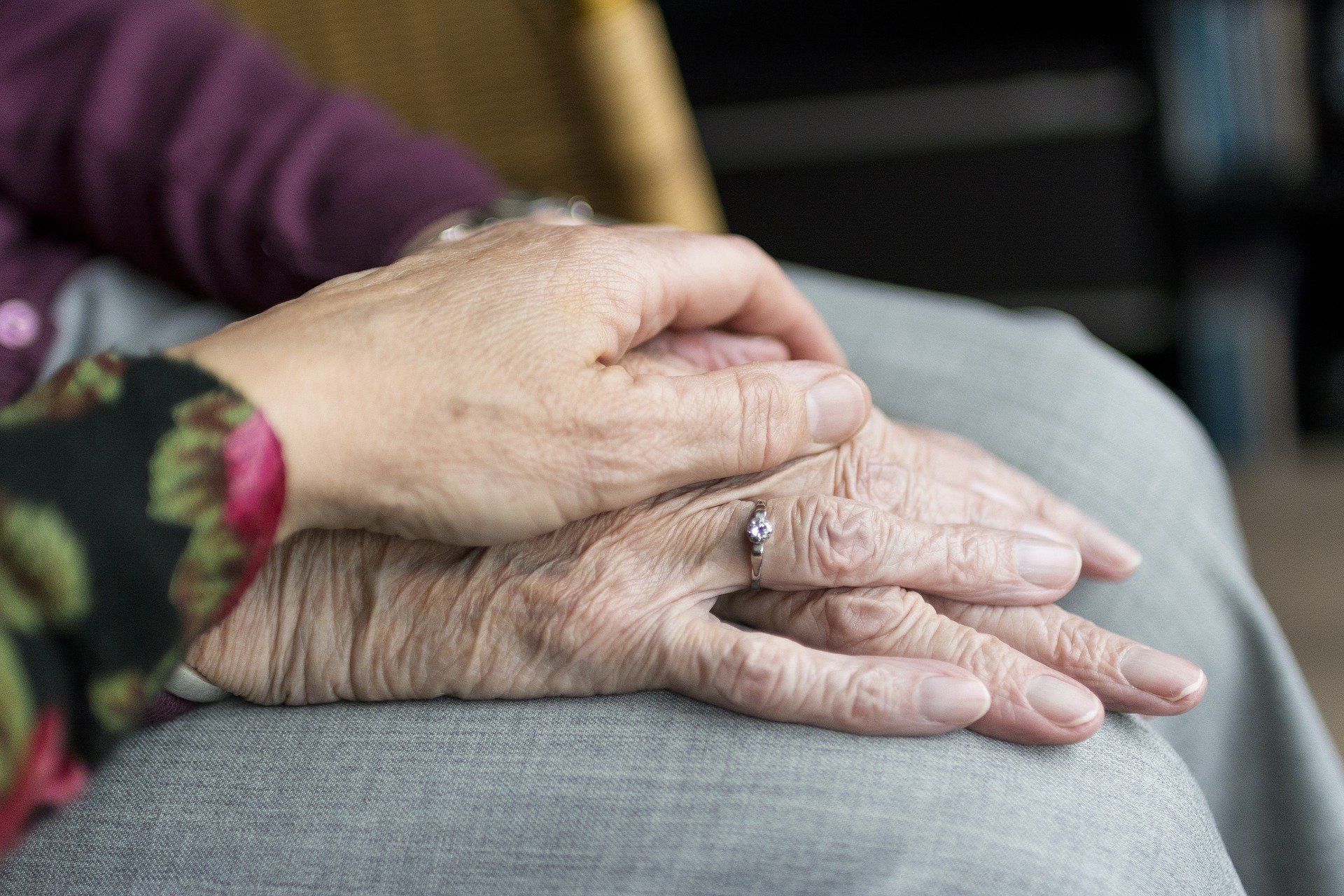Organ Donor – How to nominate a representative to decide this for me? Laura Richardson’s latest article discusses how it is possible for an individual to nominate a representative to determine whether or not you should be an organ donor when you die . . .
The law governing Organ Donation in England changed in April 2020 meaning that unless you specifically ‘opt-out’ or are in an exempt group, it will automatically be assumed that you consent to being an organ donor after you die. Exempt groups include those under the age of 18, people who die in the UK but are not residents in the UK, as well as people who lack the necessary mental capacity to make their own informed decision regarding donating their organs.
If you are not exempt then it is important that you record your choice on the NHS Organ Donation Register. However, under some circumstances, it may be appropriate for you to nominate a person of your choice to act as your representative after your death.
Nominating a representative is appropriate in two very different scenarios. Firstly, nominating a representative can be used to remove yourself from the decision-making process, which would be beneficial if you would find it difficult to make your own decision yourself, as your representative can make the decision after your death. Secondly, if you have specific beliefs or wishes regarding the type of donation you would consent to, your chosen representative can ensure that your instructions are complied with.
The process to nominate a representative involves completing a form which is then signed by yourself, your chosen representative(s), and a witness. It is possible to nominate a maximum of two representatives. However, it is important to note that unless they are specifically appointed to act jointly, the representatives can make the decision jointly or separately, meaning that one could consent to organ donation even if the other does not agree.
Once you have appointed a representative, you may wish to discuss this with your loved ones in order to let them know who will be making the important decision regarding organ donation on your behalf. Alternatively, you could explain your decision in more detail in a letter to formally accompany your Will if you are at all worried that your loved ones may not understand or agree with the decision of your appointed representative(s).
Further information regarding all aspects of organ donation is available at https://www.organdonation.nhs.uk/ however, if you would like to discuss your decision about becoming an organ donor or for further information regarding including statement or letter to accompany your Will, call Andrew Douglas Wills & Legal Services to arrange your free initial consultation. Whether you are in Braintree or the surrounding Essex area, we welcome your call.
If you would like to keep up with our latest posts and advice about estate planning through the regular advice that we provide to our clients in this regard, then please also feel free to –
Follow us on Twitter at https://twitter.com/ADouglasWills.
Follow us on Facebook at https://www.facebook.com/AndrewDouglasWills.





